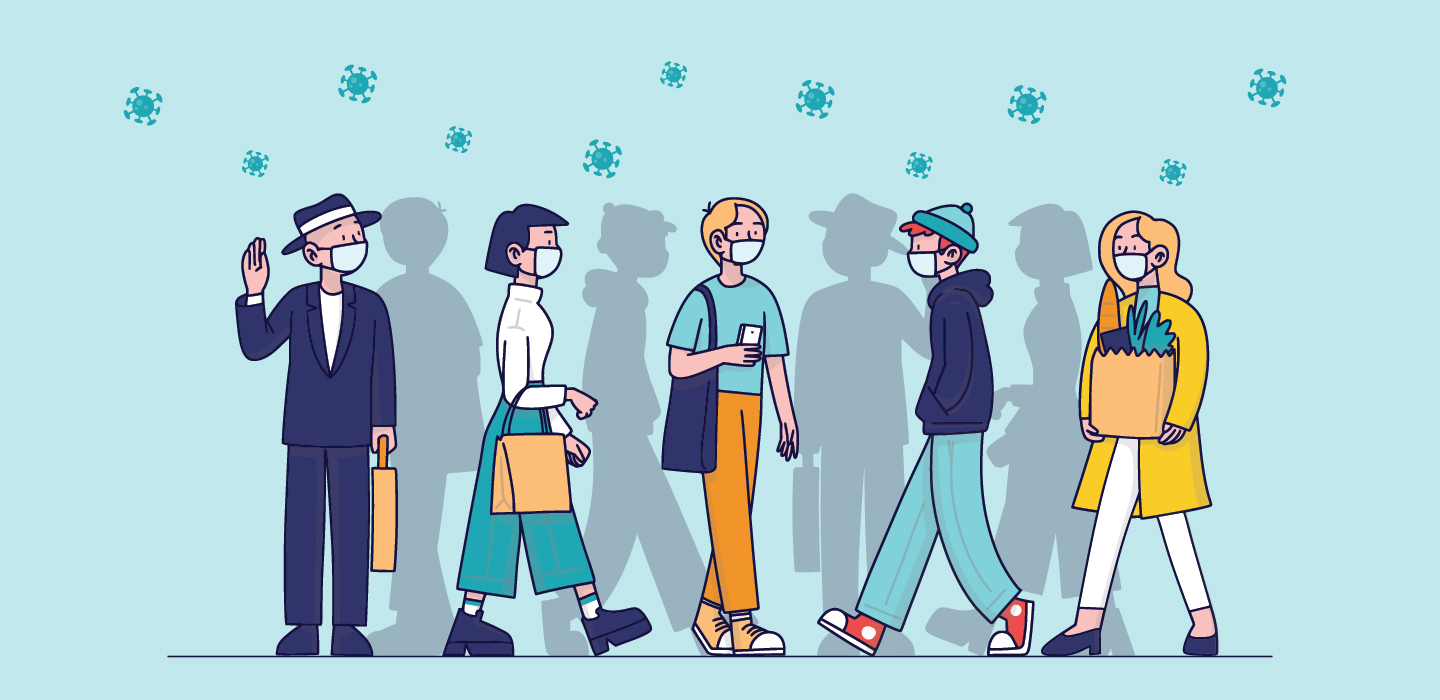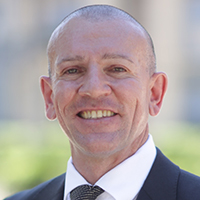Globally, nations have adjusted their rules in response to the COVID-19 pandemic.
Singapore, which was about to relax its social distancing rules, is now reining them in, following the emergence of large KTV-related clusters.
This country together with some of its Southeast Asian neighbours such as Vietnam and Thailand, were initially pegged as virtuosos in handling the pandemic. Aside from good decisions by government leaders, much of their success was ascribed to the collectivist nature of these societies.
Follow the rules for the good of all. Follow social distancing measures, wear your mask, stay indoors. This collectivism was contrasted with individualism in Western nations. I decide whether I want to wear masks, I decide where I want to go. The individual freedom is viewed by some to be more important than the safety of others.
Not just collectivism vs individualism
However, the Eastern and Western approaches to the virus are not as simple as a contrast between collectivism and individualism. No question, the ethos of a society affects how its people react to a crisis. But to understand more about the different societal responses to COVID-19, we need more nuance in our understanding of societies.
The collectivist and individualist arguments were first made in the early days of the response. Now, we have more than another year of data to understand societal responses. With these data and the variances in national responses, we can see these nuances.
Unsurprisingly, the two most striking contrasts are between China and the United States. China is arguably the nation that has had the most success combating COVID-19. Is its success related to the collectivism that inured its population to the trials of long and demanding lockdowns, or is it another element of society that guided behaviour?
People know what needs to be done
China is a nation that has long valued the social stability created by a strong central government. As a large and diverse country, with a history filled with centuries of growth and turmoil, a strong centre anchors the country. The people put their faith in the authority in return for stability and security.
This social pact enables the government to do the hard, but right, thing. When COVID-19 initially struck, Beijing acted swiftly and decisively. They subsequently acted with clarity and authority for each smaller outbreak. These actions, however forceful, were accepted as part-and-parcel of the bargain struck between the people and its leaders.
Is this collectivism? Certainly, there is an underlay of collectivism, but more than this, it is about a nation that understands how it will be governed during crises.
The contrast with the United States could not be clearer. People in the US have long held a suspicion of the government. They tolerate the government, but value their own independence to decide. When crisis strikes, Americans are cultured to act in their own interests, which can be chaotic.
Under the Trump administration, mixed signals about the pandemic left the populace scattered. Under the Biden administration, the message was clearer. Wear your masks and go for vaccination. Americans made their own choice on whether to follow. In the end, 70 percent did.
Now the economy is reopening in the US. Cases are rising, but individuals and organisations, as guided by the laws of the country, are creating a new post-pandemic US. Contrasted with China, this societal response has a foundation of individualism. But it is also about people that understand how they can act during a crisis.
Does your nation have a shared consciousness?
Between these two are nations in Southeast Asia and in the West. The so-called socialist democracies in Western Europe and Canada likewise value individualism, but they have rules in place and an understanding of what creates equity for all. They have a shared social consciousness, which is knowing what they need to do for the overall good.
Social consciousness is an ideology, but it does often reflect in behavior. Just like how employees will do something good for the company because they belong to it, citizens of socialist democracies have a sense of doing what is good for the state. They are not extrinsically compelled to do so because they are afraid of fines or stares by others. They do it because they believe it is right.
Canada’s rapid vaccination rate reflects this point. Even though the vaccinations began late in Canada, as of July 2021, 85 per cent of those aged above 80 are now fully vaccinated, with another 10 per cent partially vaccinated. Meanwhile, close to 70 per cent of the population has been at least partially vaccinated.
When a lack of social consciousness becomes a problem
In a world where only vaccination can alleviate the pandemic, we need people to have either internal or external motivation to be vaccinated.
This leaves Singapore and the other Southeast Asian and East Asian democracies at an inflection point in their development. These burgeoning democracies are caught at a point where citizens are used to following clear instructions during crises.
However, guidance in these countries has not carried a stick or a carrot during the pandemic. Instead, governments leveraged on citizens’ goodwill during the initial lockdowns. Then as COVID-19 increasingly seemed to be a problem for other nations but not in our own country, social behaviours began to fray from the guidelines. When a government does not strictly sanction and punish behavior, it can be interpreted as a tacit acceptance of social misbehaviour.
The problem becomes more acute with vaccination. Collectivism as a cultural attribute is not strong enough to motivate people to put an unfamiliar foreign substance in their body. We hence need a social consciousness to emerge.
In some Asian nations, a strong social consciousness is still waiting to be born. For nations emerging from the yokes of colonial centralised oppression or other forces of authoritarianism, having citizens selflessly act out of an intangible social consciousness is still a new norm. This is one reason it has been so hard for Singapore to achieve the vaccination penetration levels that are critical to be free of the pandemic.
From “me” to “us”
These ideas suggest that we need to carefully consider the drivers of social consciousness in these East and Southeast Asian nations. For them to mature as inclusive societies with a sense of social consciousness, we need to pay attention to its key institutions.
The first two decades of the 2000s have seen much emphasis on the creation of innovation and digital economies. Alongside that, leaders should consider how its decisions cultivate social values in increasingly well-educated and wealthier citizens.
For example, Singapore has long positioned itself as a low tax society in which individuals have to bear substantial responsibility for their own welfare. Yet slowly, the tax system has been refined, with an increase in the Goods and Services Tax on the near horizon. This has been coupled with more public financial support for the silver generation, as they encounter rising healthcare costs.
Changes such as these in a nation’s fiscal and healthcare institutions cultivate a stronger idea of a nation’s populace sharing in the gains of its successes, which helps to foster social consciousness. There is a shift from a focus on “me” to a focus on “us”.
Action versus rhetoric is also an important step in this process of cultivating a social consciousness. A nation’s leaders can preach about diversity and inclusion. But only when these words are backed clearly in policies, laws, and regulations, will it foster a sense of equity and fairness in people’s independent actions.
COVID-19 has exposed that the ideal of a social consciousness is a core component of resiliency to crisis. The question of what drives people to do good things is an important aspect of a nation’s progress.





